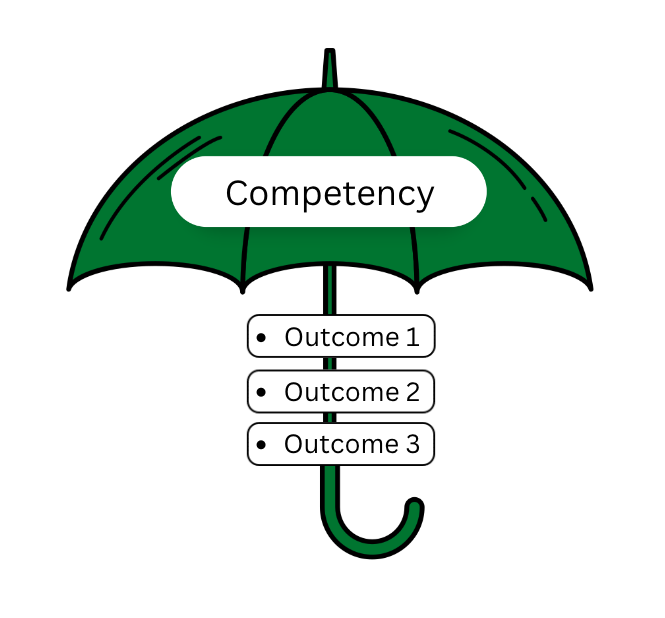Tools and Strategies for ‘Hot Topics’ – Part 2 of 3
By Tereigh Ewert
During Class
A favorite strategy of mine has long been the “oops” and “ouch” strategy. I’m fairly certain I encountered it at a conference, but an Internet search doesn’t reveal who first developed the strategy.
In English slang, the word “ouch” means “that hurt me.” The word “oops” means, “I made a mistake” (I like to define these terms in class, in case they are not familiar to some students).
In the “The Oops and Ouch” strategy, students can express themselves in two ways. If they feel uncomfortable with something that has been said in a class or a conversation, saying “ouch” alerts their peer(s) (or instructor) that what they’ve said has hurt, offended, or angered someone, and that the original speaker needs to think about the impact their words have had. Students who have heard another person’s “ouch,” can respond with “oops,” communicating that they didn’t mean harm and/or that they’d like to think about and reword what they’ve said. During the “oops” stage, the “oops” student needs to ask genuinely curious questions to help them understand. Such a question might be, “How was what I said hurtful or offensive to you?” This opens up a constructive dialogue, and students continuously learn to see concepts and issues through a new perspective. This strategy is one that you may want to introduce when you are co-creating your guides of conduct on your first day of class (see Part One).
Another strategy is to take the conversation away from the individuals. Sometimes it is necessary to draw the conversation away from individuals, and redirect attention toward a broader perspective, particularly if a student expresses a thought or opinion that is reflective of a more systemic myth, misconception, or belief. If a student makes a controversial statement that raises objections from other students, the original student’s statement can be more generalized by re-casting it as: “There are many people feel this way. Why do you think this is?” Then we can ask, “Many people also disagree—why do you think this is?
The Center for Research on Teaching and Learning (CRTL), University of Michigan, provides an amazing selection of resources for anticipating, facilitating, and responding to difficult discussions and moments, as well as classroom incivility:
- Guidelines for planning and facilitating discussions on controversial topics
- Strategies for making productive use of tense or difficult moments (PDF)
- Facilitating Challenging Conversations in your Classes (blog post)
- Sample guidelines for class participation
- Guidelines for responding to particular topics and tragedies
- Responding to Incivility in the College Classroom
I strongly recommend visiting each of the aforementioned links.


